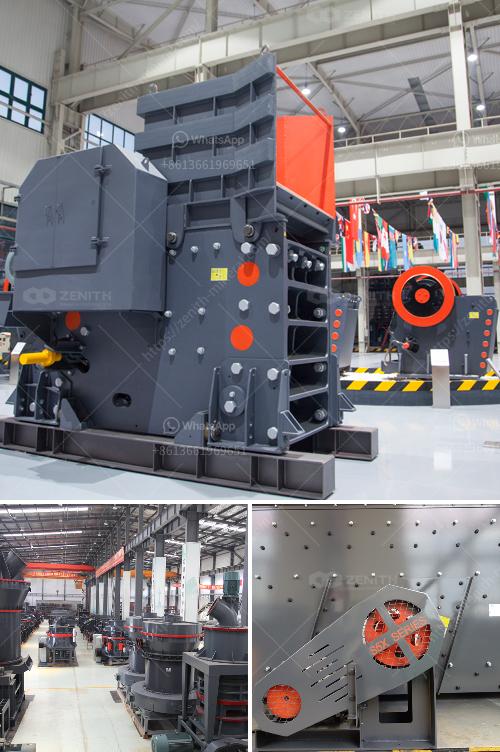When purchasing jaw crushers, it's essential to consider a variety of parameters to ensure that you select the equipment that best meets your needs. Here are some key factors to consider:
Material Characteristics: Understanding the hardness, abrasiveness, and moisture content of the material you will be crushing is crucial. Different jaw crushers are designed to handle different types of material.
Capacity Requirements: Determine the required output (in tons per hour) to ensure the crusher can handle the amount of material you need to process.
Feed Size: Consider the maximum size of the feed material. The crusher should be capable of handling the largest pieces of material you intend to process.
Product Size: Define the desired size of the final product. This will help in selecting a crusher with the appropriate settings and capabilities.
Durability and Build Quality: Look for crushers with a robust and durable design that can withstand heavy-duty operations. The quality of materials and craftsmanship affects overall longevity and maintenance requirements.
Adjustment Mechanisms: Check how easy it is to adjust the crusher settings to alter the output size or to accommodate different materials. User-friendly adjustment mechanisms can save time and improve efficiency.
Power Consumption: Evaluate the power requirements and ensure the crusher is energy-efficient. Higher power consumption can lead to increased operational costs.
Ease of Maintenance: Consider how easy it is to maintain the crusher and access components for repair. Crushers with simple design and readily accessible parts reduce downtime.
Cost: Compare the cost of different models, taking into account the purchase price, operating costs, maintenance expenses, and potential resale value.
Supplier Reputation and Support: Choose a reputable supplier who provides robust after-sales support, including spare parts availability, technical assistance, and warranty coverage.
Compactness and Mobility: Depending on your site and project, consider whether a stationary or a mobile crusher would be more suitable.
Safety Features: Ensure the crusher includes adequate safety features to protect operators and maintenance personnel.
Environmental Regulations: Check for compliance with environmental regulations concerning dust and noise emissions.
By carefully evaluating these factors, you can select a jaw crusher that will meet your needs both in terms of functionality and cost-effectiveness.
